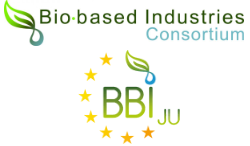The relevance of ethics in the development of enzymatic plastic recycling approaches

Author: Katrin Weinhandl, acib GmbH What does the topic of ethics have to do with research on enzymatic plastics recycling? Ethical considerations play an important role in any research approach that conforms to the concept of responsible research and innovation (RRI). Wikipedia explains RRI as a term that “describes scientific research and technological development processes […]
Harnessing new polymer-degrading enzymes directly from nature
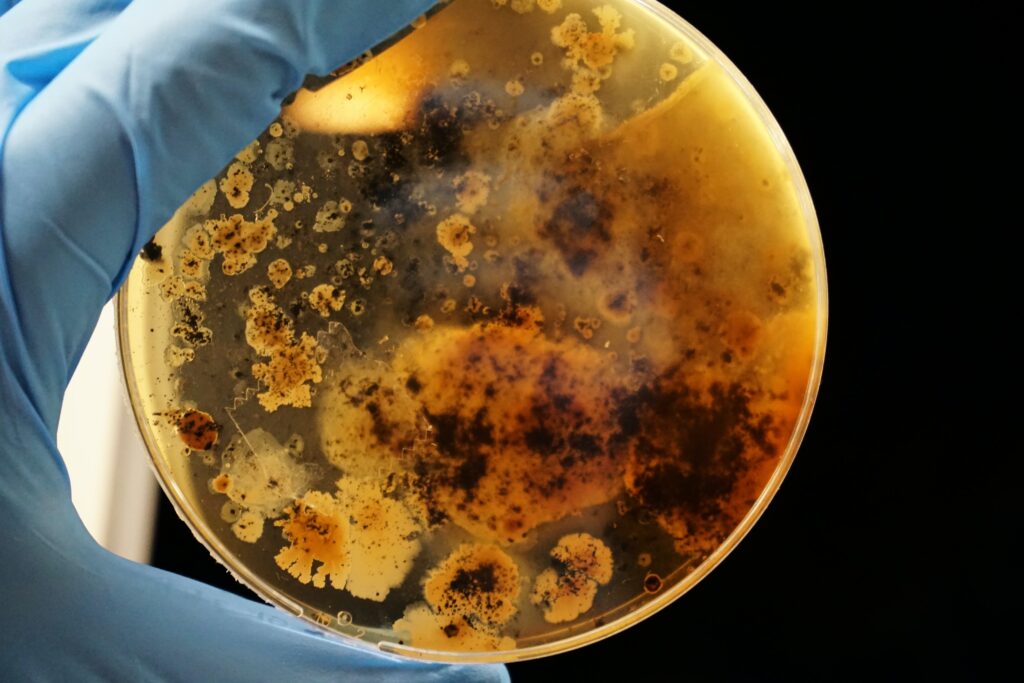
Authors: Kristie Tanner, Darwin & Christian Sonnendecker, University of Leipzig Microorganisms can be found inhabiting even the most remote and extreme locations of our planet. Their extraordinary array of metabolic routes coupled with their rapid doubling time and high evolution rate, make them capable of adapting to almost any environment. For example, if an environment […]
A PET degrading enzyme in German magazines
Christian Sonnendecker, Wolfgang Zimmermann (Univ. Leipzig) and their PET degrading enzyme The enzyme PHL7 shows high efficiency in plastic recycling, which attracted lots of interest in German magazines! In the journal “BIOspektrum”, the enzyme PHL7 is described as a crucial component for the enzymatic hydrolysis of PET. The article discusses the possibilities and limitations for […]
The landscape of enzymatic plastic recycling projects in Europe

Author: Katrin Weinhandl, ACIB Over the last twenty years, plastic has become one of the most important materials in various industrial sectors. Plastic consumption is increasing rapidly. The other side of the coin, however, is growing mountains of plastic waste and polluted oceans. Experts agree that we need to do more to improve plastic recycling […]
Enzymes for industrial recycling processes
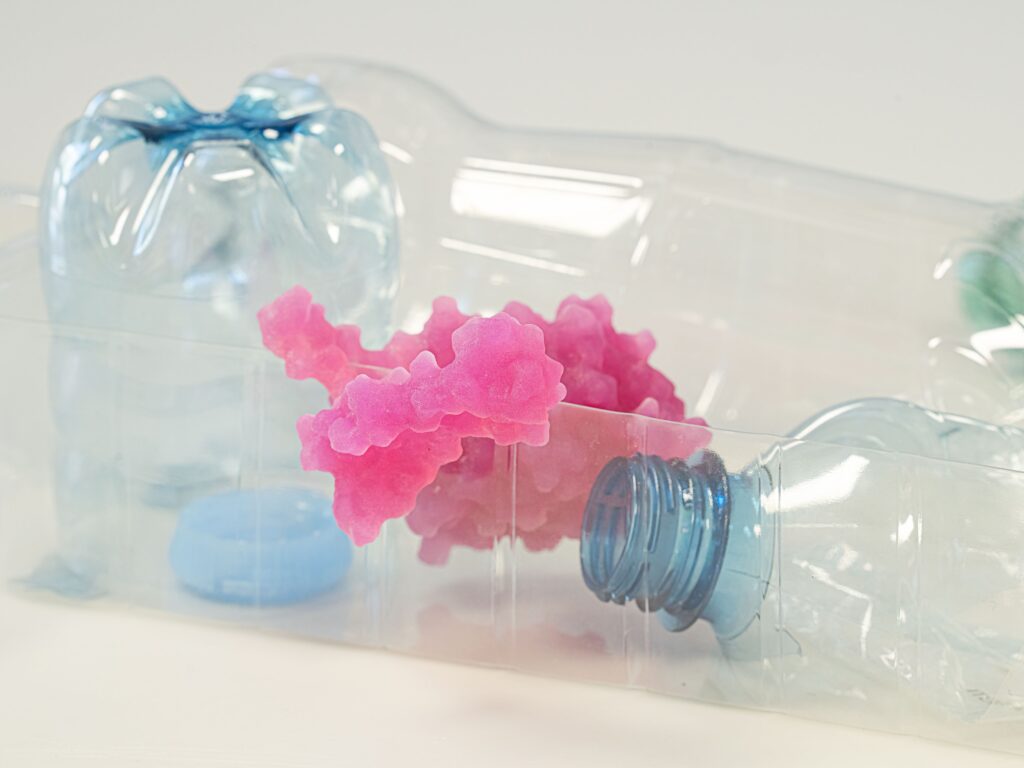
Author: Arno Cordes, ASA Spezialenzyme GmbH Since more than 70 years enzymes are used in different industrial areas as detergents, food and feed, textile and paper processing. Mainly employed enzymes are proteases, amylases, pectinases, cellulases and hemicellulases. The worldwide turnover for technical enzymes was estimated to be around 10 billion USD in 2020. Beside these […]
ENZYCLE Newsletter No 4

Our newsletter issue No 4 is out! Enjoy reading about our highlights from the past 6 months. Not yet subscribed? Get our news directly in your mailbox here.
Webinar “The power of enzymes: How to valorise multilayer packaging and microplastics”
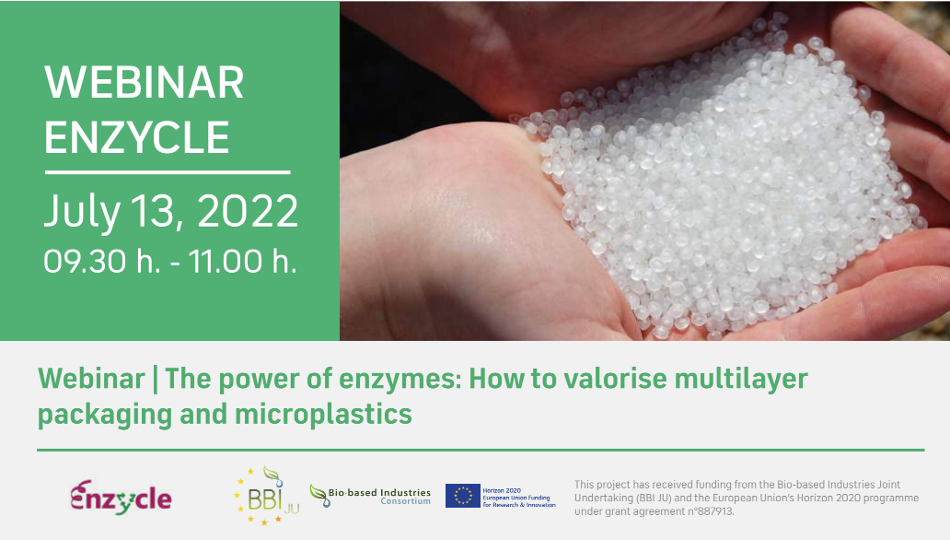
Part 1 of the ENZYCLE stakeholder workshop On 13th July 2022, the first ENZYCLE stakeholder workshop takes place in Valencia, Spain. The open part will be broadcasted as a webinar and will inform about our concept to treat non-recycled plastic fractions with microbial enzymes. Current findings about PET enzyme development, enzyme production processes and recycling […]
The environmental and economic impact of enzymatic plastic recycling
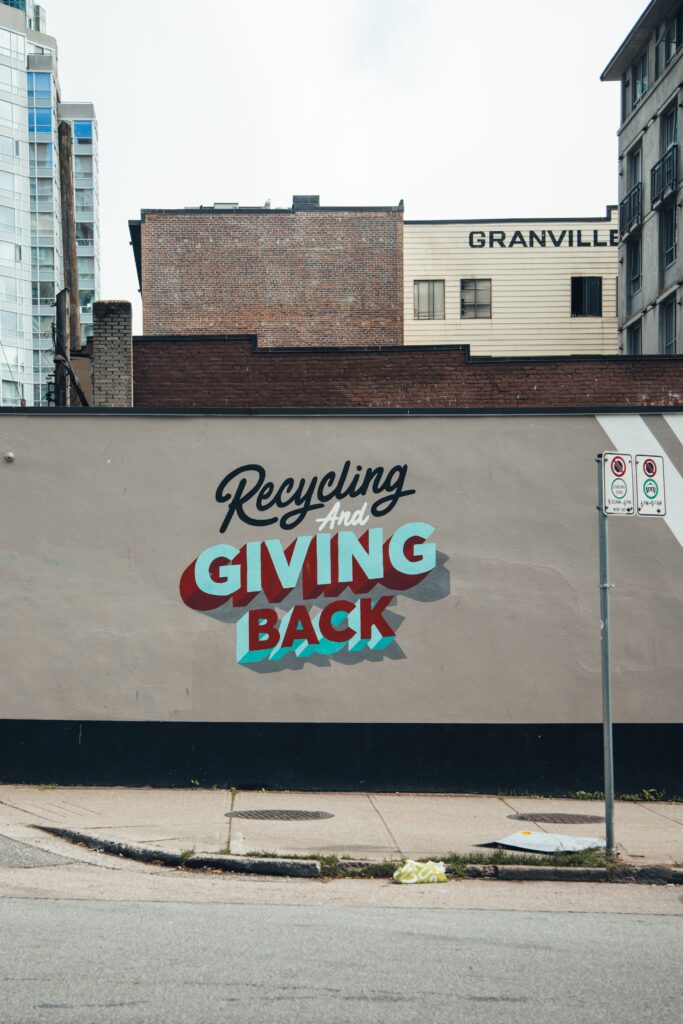
scCO2- a Natural Advantage in Plastic Degradation
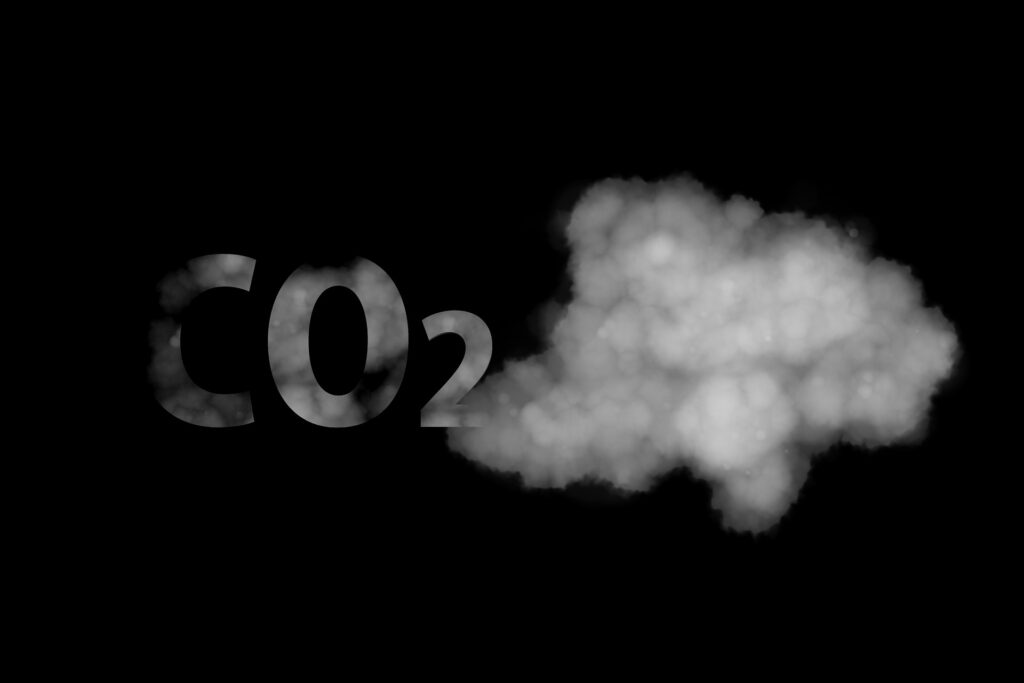
Author: Daniela Trambitas, FeyeCon D&I BV Over the years, fueled by market demand, plastic materials have reached unparalleled performance. Properties like durability, efficiency and stability have made them very reliable. Consequently, they have become part of our daily lives, as well as part of the ecosystems around us. From a sustainable product, plastic material (generically […]
An industrial view on the suitability of enzymatic plastic recycling
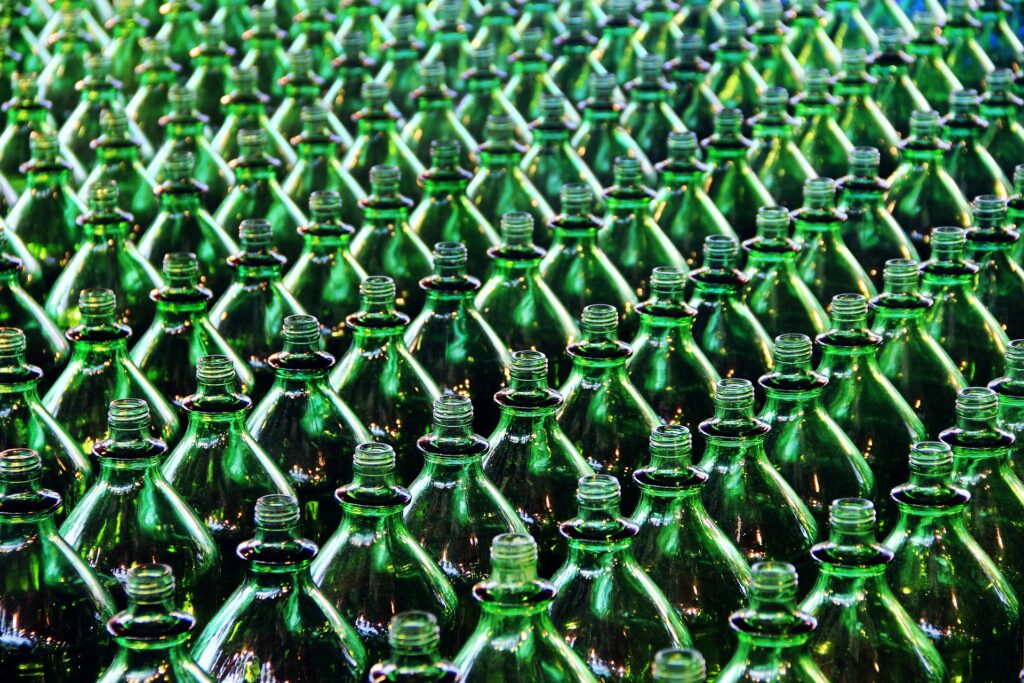
Enzymatic plastic recycling is the overall goal of the ENZYCLE project but it’s not only about identifying appropriate enzymes and setting up an efficient process. In the end, the process should suit to industrial demands and we want to make sure that our technologies are going to be implemented. Indorama is a large company partner […]

